Pioneers have long relied on chickens for a sustainable source of food, including eggs and meat. Chickens are relatively low-maintenance animals that can thrive in a variety of environments, making them an ideal choice for early settlers and pioneers. They provide a valuable source of protein and essential nutrients, making them an important part of the pioneer diet.
Additionally, chickens are excellent foragers, helping to control pests and weeds in the surrounding area. Their ability to convert kitchen scraps and other organic waste into valuable fertilizer also makes them an important part of a sustainable pioneer lifestyle. Chickens have been a staple of pioneer life for centuries, providing a reliable source of food for families living off the land.
Their adaptability and resilience make them an ideal choice for those seeking to live a self-sufficient lifestyle. As pioneers moved westward in search of new opportunities, they brought their chickens with them, ensuring a steady supply of fresh eggs and meat along the way. Today, many modern homesteaders and sustainable living enthusiasts continue to keep chickens as a way to connect with their pioneer roots and embrace a more self-reliant way of life.
Table of Contents
Key Takeaways
- Pioneers have been keeping chickens for centuries, providing a sustainable source of food and income.
- Proper housing and coops are essential for the health and safety of chickens, providing protection from predators and the elements.
- A balanced diet with access to fresh water is crucial for the overall health and productivity of chickens.
- Regular health check-ups and vaccinations are important to prevent diseases and ensure the well-being of chickens.
- Collecting and storing eggs properly is essential to maintain their freshness and quality for consumption or sale.
- Predation is a constant threat to chickens, so implementing protective measures such as fencing and secure coops is necessary.
- Chickens can be utilized for meat, feathers, and other products, providing a sustainable source of food and materials for pioneers.
Housing and Coops for Chickens
Traditional Coops: Simple yet Effective
When it comes to housing chickens, pioneers relied on simple yet effective structures to provide shelter and protection for their birds. Coops were typically constructed from locally available materials such as wood, straw, and mud, providing a secure and comfortable environment for the chickens to roost and lay eggs. These coops were often designed with practicality in mind, featuring easy access for egg collection and cleaning, as well as adequate ventilation to ensure good air quality for the birds.
Mobile Chicken Tractors: Freedom to Forage
In addition to traditional coops, pioneers also utilized mobile chicken tractors to provide their birds with access to fresh pasture while still offering protection from predators. These portable enclosures allowed chickens to forage for insects and plants while remaining safe from harm.
Modern Twist: Sustainable and Eco-Friendly Coops
Today, modern pioneers continue to use similar housing methods, often incorporating recycled materials and sustainable building practices to create functional and environmentally friendly chicken coops.
Feeding and Nutrition for Chickens
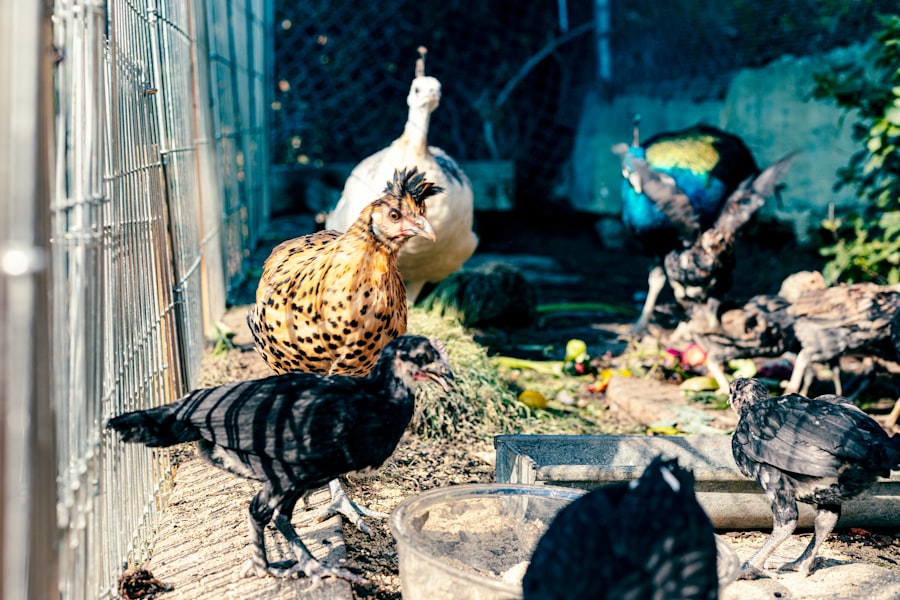
Pioneers understood the importance of providing their chickens with a balanced diet to ensure optimal health and productivity. In addition to foraging for insects and plants, chickens were often fed a mixture of grains, seeds, and kitchen scraps to supplement their natural diet. This approach not only provided essential nutrients for the birds but also helped to reduce food waste and maximize resources on the homestead.
Today, modern pioneers continue to prioritize the nutritional needs of their chickens, often opting for organic and non-GMO feed options to support the health and well-being of their flock. In addition to commercial feed, many pioneers also incorporate homegrown grains and vegetables into their chickens’ diet, further connecting them to the land and promoting sustainable food production practices.
Health and Veterinary Care for Chickens
Maintaining the health of their chickens was a top priority for pioneers, as healthy birds were essential for providing a reliable source of food for their families. While veterinary care was not as advanced as it is today, pioneers relied on natural remedies and preventative measures to keep their chickens healthy. This often included providing a clean and dry living environment, regular access to fresh water, and a balanced diet to support overall health and immunity.
Today, modern pioneers have access to a wealth of information and resources to help them care for their chickens’ health needs. This includes working with experienced poultry veterinarians, implementing biosecurity measures to prevent disease outbreaks, and staying informed about best practices for parasite control and vaccination protocols. By prioritizing the health and well-being of their flock, pioneers can ensure a sustainable source of food for themselves and their communities.
Egg Collection and Storage
For pioneers, collecting and storing eggs was an essential part of maintaining a reliable food supply. Eggs were carefully gathered each day to ensure freshness and prevent spoilage. Pioneers often utilized simple storage methods such as keeping eggs in a cool, dry place or coating them in mineral oil to extend their shelf life.
These practices helped to ensure a steady source of protein throughout the year, even during times when fresh eggs were less abundant. Today, modern pioneers continue to prioritize proper egg collection and storage techniques to maintain the quality and freshness of their eggs. This often includes promptly gathering eggs from the nest boxes, cleaning them if necessary, and storing them in a cool environment away from strong odors.
Many pioneers also utilize modern refrigeration methods or egg preservation techniques such as freezing or pickling to extend the shelf life of their eggs.
Predation and Protection for Chickens
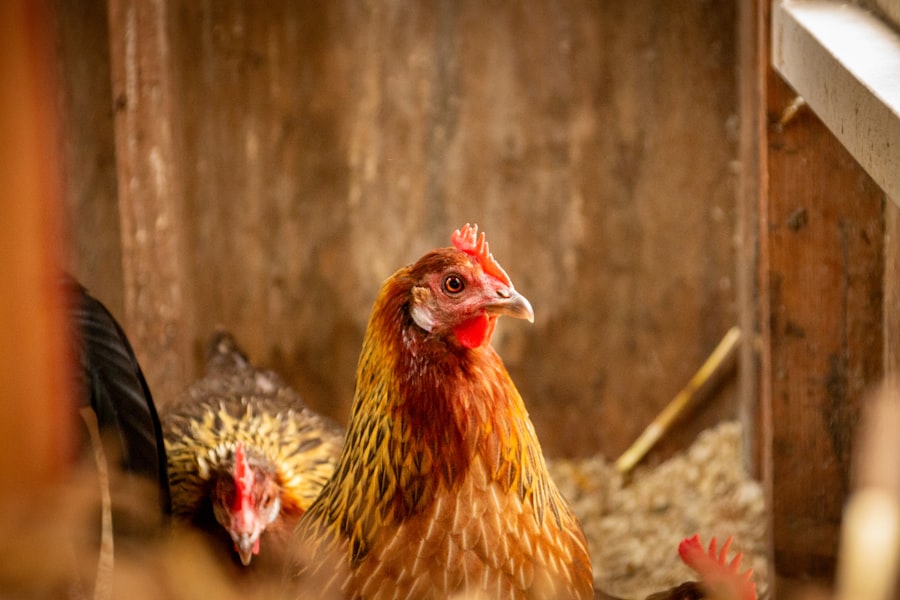
Protecting chickens from predators has always been a concern for pioneers living off the land. Common predators such as foxes, raccoons, and birds of prey posed a threat to the safety of the flock, making it essential for pioneers to implement effective predator control measures. This often included building secure coops with sturdy locks, using guard animals such as dogs or geese to deter predators, and setting traps or snares to catch nuisance animals.
Today, modern pioneers continue to prioritize predator protection for their chickens by implementing similar strategies. This may include using electric fencing to deter predators, installing motion-activated lights or alarms near the coop, or utilizing guard animals to keep watch over the flock. By taking proactive measures to protect their chickens from predation, pioneers can ensure the safety and well-being of their birds while maintaining a sustainable source of food.
Utilization of Chickens for Meat and Other Products
In addition to providing a reliable source of eggs, pioneers also utilized chickens for meat and other products. When it came time to cull older birds or excess roosters, pioneers would carefully process the birds for meat, feathers, and other valuable resources. Nothing went to waste on the pioneer homestead, with feathers being used for bedding or insulation, and bones being boiled down for broth or fertilizer.
Today, modern pioneers continue to embrace the utilization of chickens for meat and other products as part of a sustainable lifestyle. Many pioneers raise dual-purpose breeds that are well-suited for both egg production and meat quality, allowing them to maximize the utility of their flock. In addition to meat, feathers, and bones, pioneers may also utilize chicken manure as a valuable fertilizer for their gardens or compost piles, further demonstrating the resourcefulness and sustainability of chicken keeping in a pioneer lifestyle.
In conclusion, chickens have long been an integral part of pioneer life, providing a reliable source of food, nutrition, and other valuable resources. By prioritizing the housing, feeding, health care, egg collection, predator protection, and utilization of chickens for meat and other products, pioneers were able to maintain a sustainable lifestyle while living off the land. Today, modern pioneers continue to embrace these principles as they seek to connect with their pioneer roots and live a more self-sufficient way of life through chicken keeping.
If you’re interested in learning more about how pioneers kept chickens, you should check out this article on how to convert a shed into a chicken coop. It provides valuable insights into the practicalities of housing and caring for chickens, which would have been essential knowledge for pioneers.
FAQs
What did pioneers feed their chickens?
Pioneers fed their chickens a variety of foods including grains such as corn, wheat, and oats, as well as kitchen scraps, insects, and foraged plants.
How did pioneers house their chickens?
Pioneers typically housed their chickens in simple wooden coops or small barns. These structures provided protection from predators and the elements.
How did pioneers keep their chickens safe from predators?
Pioneers used various methods to keep their chickens safe from predators, including building sturdy coops and barns, using guard dogs, and setting traps for animals such as foxes and raccoons.
How did pioneers keep their chickens healthy?
Pioneers kept their chickens healthy by providing them with a balanced diet, clean water, and a clean living environment. They also used natural remedies and herbs to treat common ailments.
How did pioneers collect and store eggs?
Pioneers collected eggs daily and stored them in a cool, dry place such as a root cellar or pantry. They also used techniques such as coating eggs in mineral oil to extend their shelf life.
Meet Walter, the feathered-friend fanatic of Florida! Nestled in the sunshine state, Walter struts through life with his feathered companions, clucking his way to happiness. With a coop that’s fancier than a five-star hotel, he’s the Don Juan of the chicken world. When he’s not teaching his hens to do the cha-cha, you’ll find him in a heated debate with his prized rooster, Sir Clucks-a-Lot. Walter’s poultry passion is no yolk; he’s the sunny-side-up guy you never knew you needed in your flock of friends!

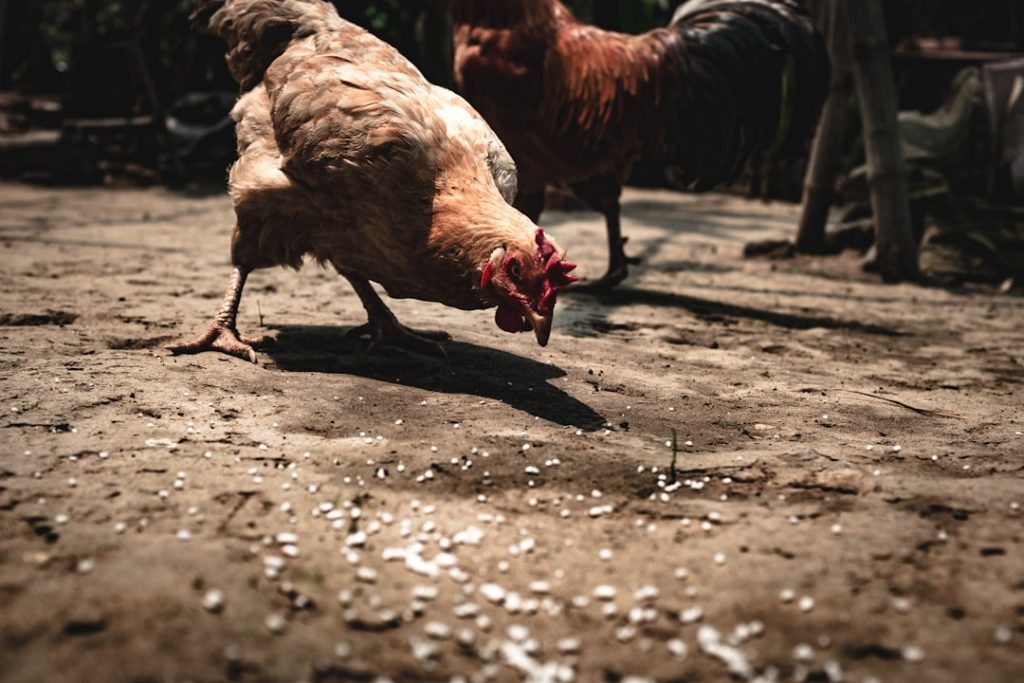
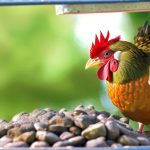
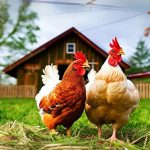

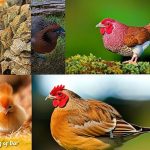


Is there a printable ‘how to raise chickens like the pioneers’?
I would love to get my hands on one for my flock here in the high desert mountains of Idaho.
Thank you
Hmmm.. I don’t think I have had that request before! I don’t have one available at the moment. Let me add it to the list and hopefully get you one soon.